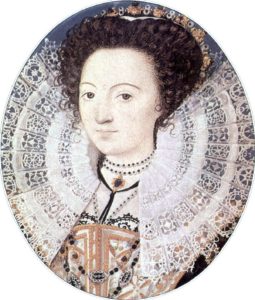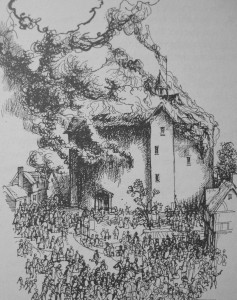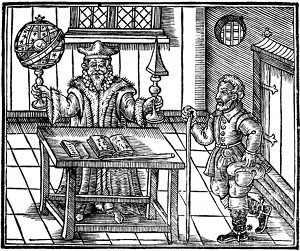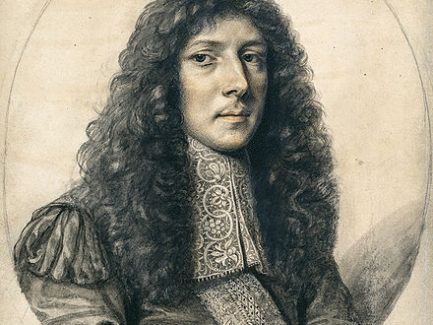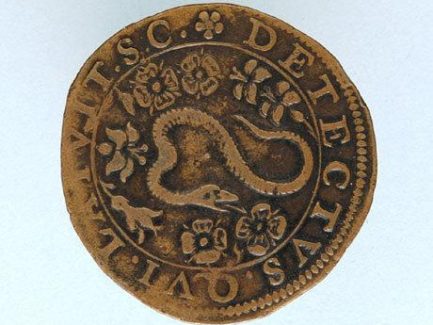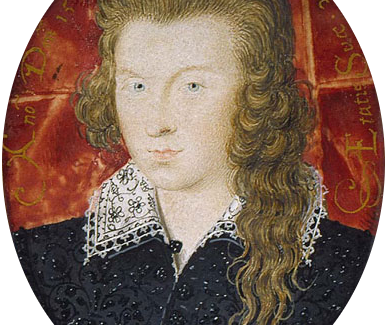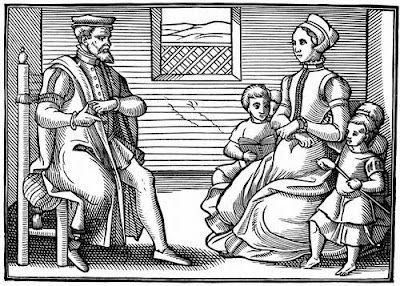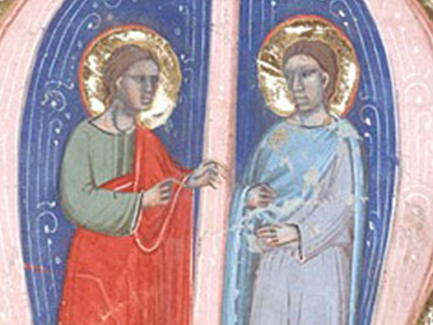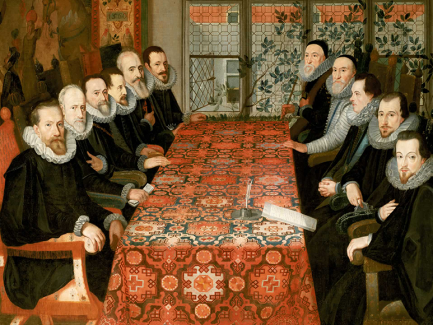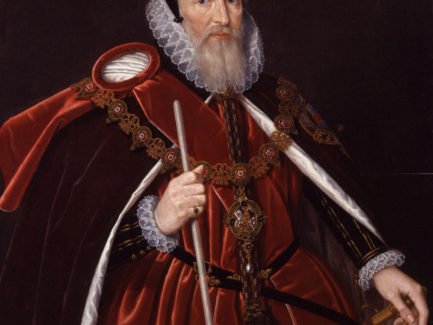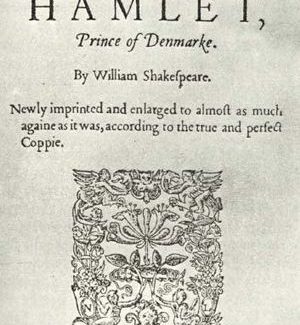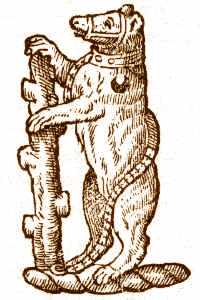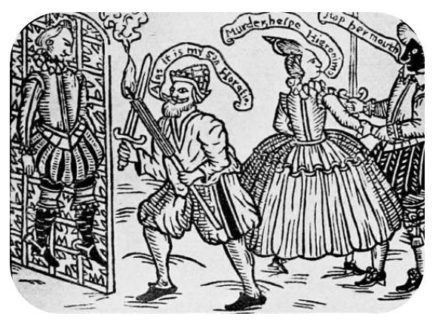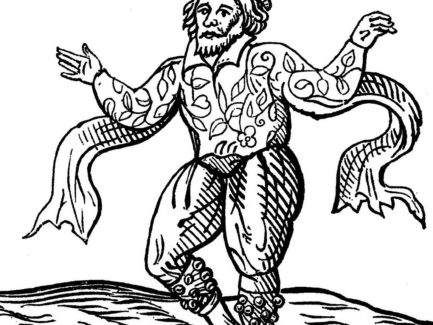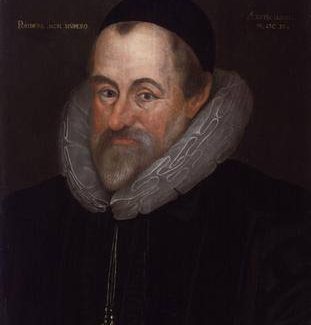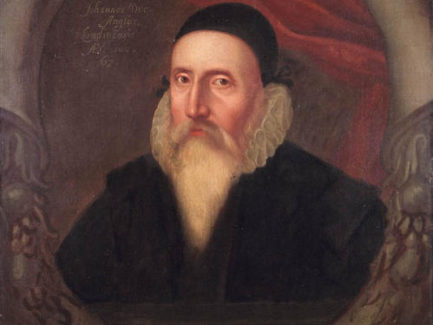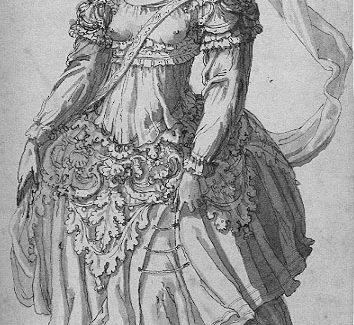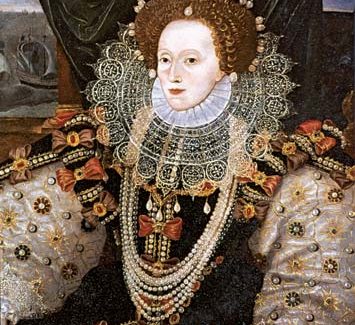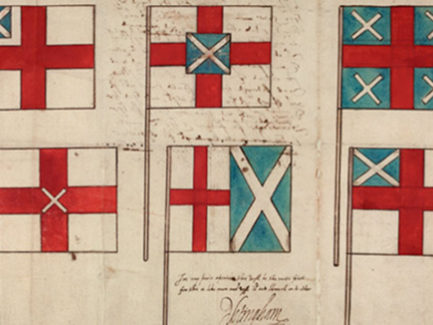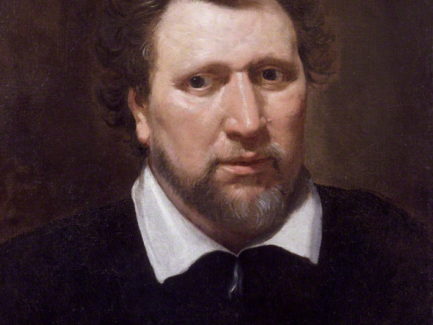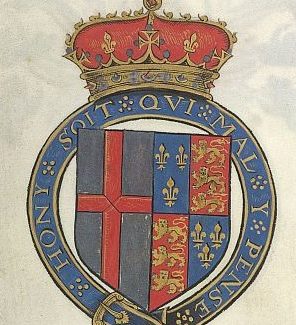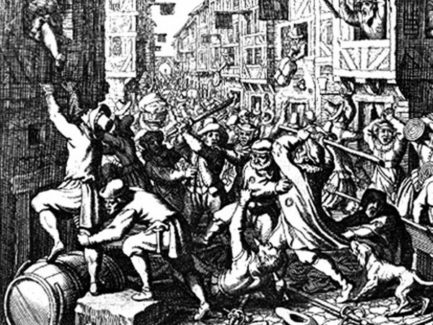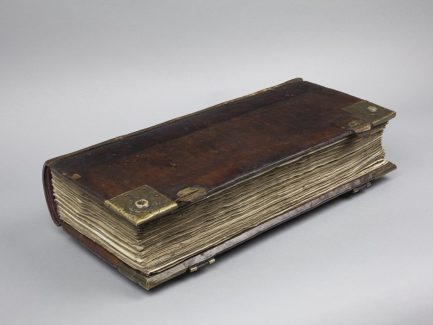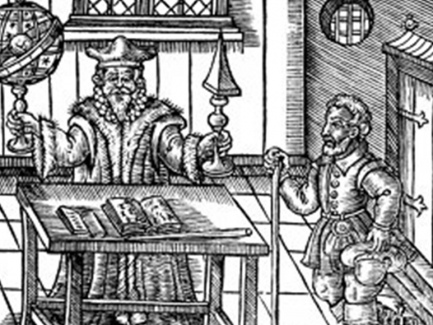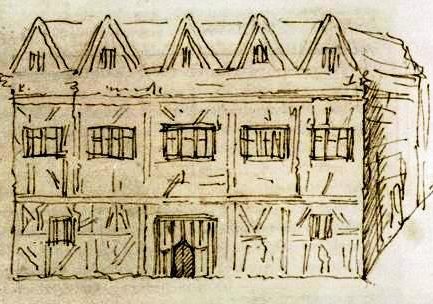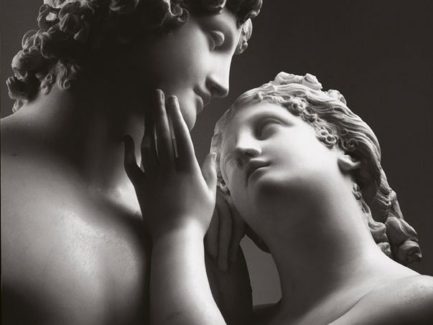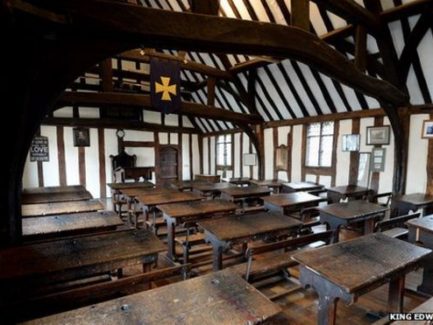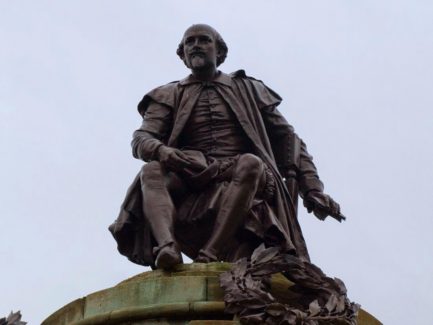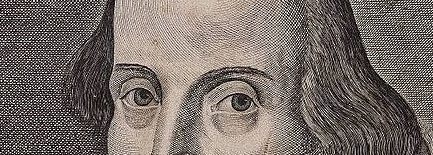Was this the face of the ‘dark lady’ of the sonnets?
Emilia Lanyer was the illegitimate daughter of Baptiste Bassano, a Jewish man from Venice who had converted to Christianity. He worked as one of the musicians in the court of Henry VIII and when he died, Lanyer lived as the mistress of Lord Hunsdon until she became pregnant. She was quickly married off to Alphonso Lanyer, a court musician, and gave birth to Hunsdon’s son and later to Lanyer’s daughter.
When she was forty-two, she published a collection of poems on themes of religion from a woman’s perspective. The volume was published in 1611 with the Latin title Salve Deus Rex Judaeorum, which translated as Hail, God, King of the Jews. Emilia Lanyer was one of the only women in early modern England to publish her own work and to promote herself as a professional writer.
Although there is no evidence that Shakespeare knew Emilia Lanyer personally, it has been suggested that she was the ‘dark lady’ who is addressed in some of his sonnets. Twenty-eight sonnets, Sonnet 127 to Sonnet 154, are known as the ‘dark lady’ sonnets because they feature a lady with a dark complexion, dark eyes and dark hair. Emilia was the mistress of one of Shakespeare’s patrons, she was strikingly beautiful, and her family was of Jewish ancestry, so it has been suggested that she is the woman who is addressed in these sonnets. Other candidates for the ‘dark lady’ include the wife of the Italian courtier Sir John Florio, the keeper of a brothel in Clerkenwell called Lucy Negro and a maid of honour to Elizabeth I called Mary Fitton.
In the ‘dark lady’ sonnets, the lady’s darkness is a description of her beauty, as well as a sign of her tyranny and power over the speaker. In Sonnet 127 the dark lady is introduced as dark and beautiful:
In the old age black was not counted fair,
Or if it were, it bore not beauty’s name;
But now is black beauty’s successive heir,
And beauty slandered with a bastard shame:
For since each hand hath put on nature’s power,
Fairing the foul with art’s false borrowed face,
Sweet beauty hath no name, no holy bower,
But is profaned, if not lives in disgrace.
Therefore my mistress’ eyes are raven black,
Her eyes so suited, and they mourners seem
At such who, not born fair, no beauty lack,
Slandering creation with a false esteem:
Yet so they mourn, becoming of their woe,
That every tongue says beauty should look so.
(Sonnet 127)
© 2020 Shakespeare’s World
To read more about this topic and other events on this day in Shakespeare’s lifetime, you can see our recommendations for further reading and visit our website to buy Shakespeare’s World App or to follow us on social media.


